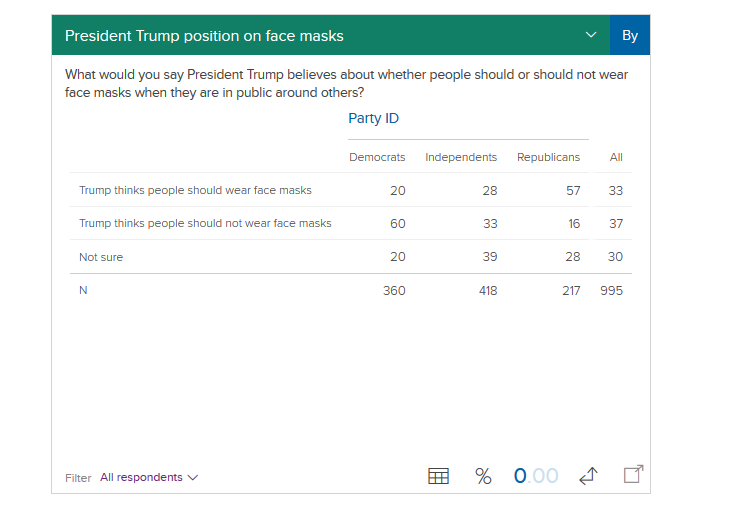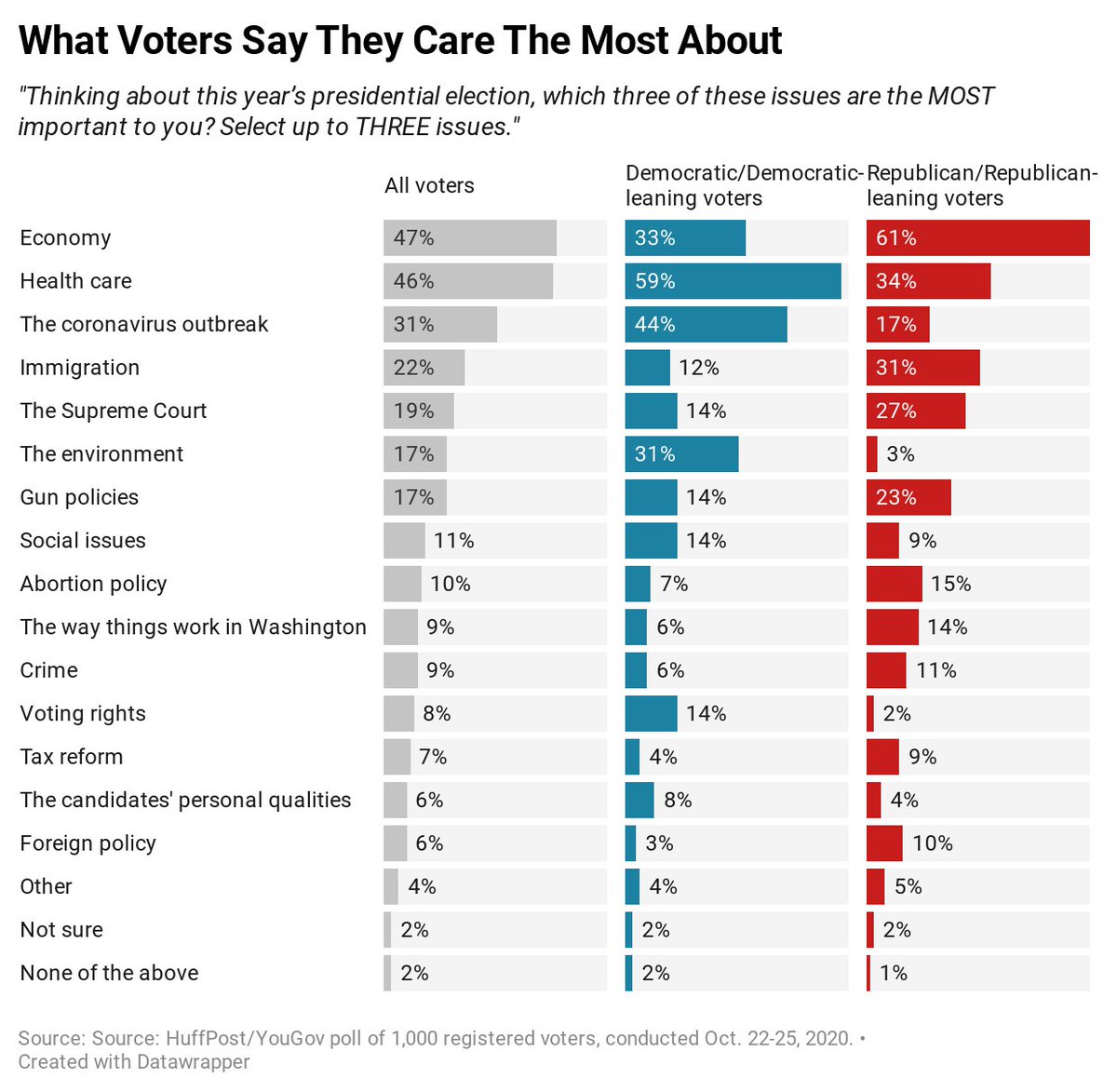
I don't have a ton to add to the polling discussion at the moment -- want to get a lot more information before I start theorizing in detail about what happened, or what that means for polling in the future.
I think there are two main issues here: the communication and the data. Polling is an inexact snapshot, and this level of error was always a possibility.
We still don't know the precise size of the error, which is important. But continued major state-level misses, and the fact that directionality appears similar to 2016, are serious causes for concern.
I don't conduct horserace polls, and we don't write about them often. As someone whose work is closely tied to national, non-election surveys, a major operative question for me is the extent to which those results are reliable.
Even if national-level polls are relatively accurate, if it's due to various biases canceling each other out, that's not good. I'm concerned about that, but I'm not ready to declare such polling unusable.
One potentially mitigating factor: to the extent that turnout modeling was a problem, that's not an issue for non-election polls.
And hitting a precise number is less key when you're not talking about election results -- especially if you're careful with characterizing such results as estimates, which I've always tried my best to do.
Ultimately, what I care about is gauging what Americans think in a way that's empirically sound, and communicating that in a way that's useful. There's (I hope) still a role for thoughtfully interpreted polling in that, and I'm looking ahead to the work needed to find out.
• • •
Missing some Tweet in this thread? You can try to
force a refresh








